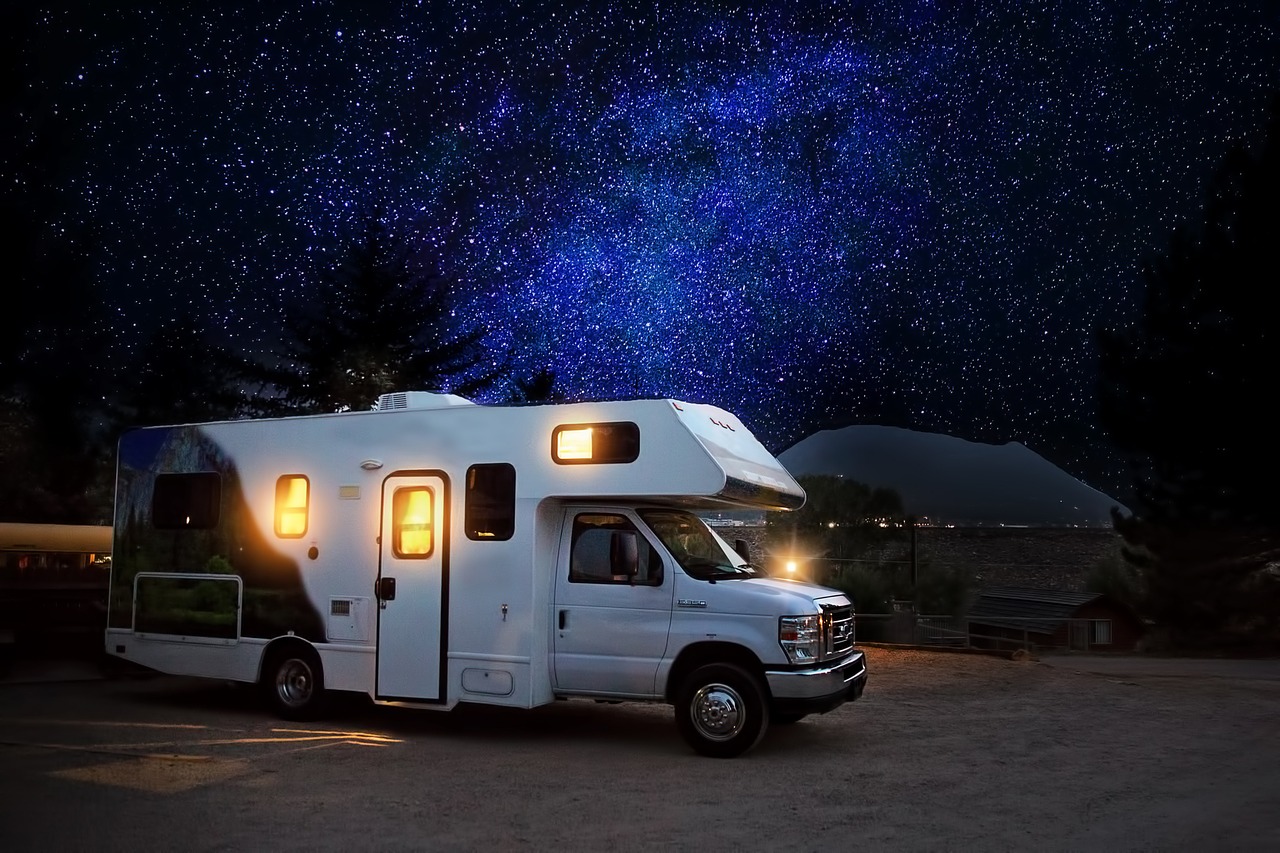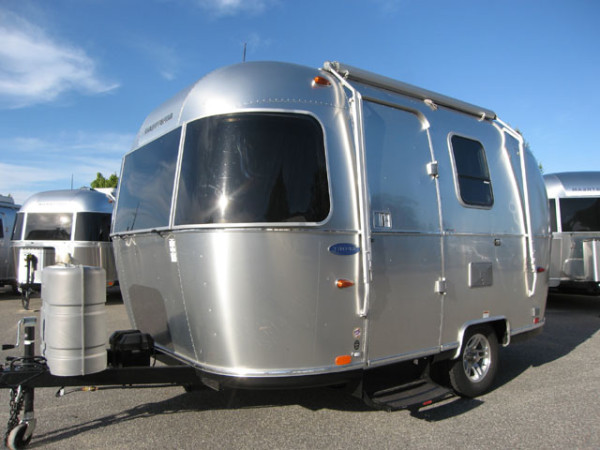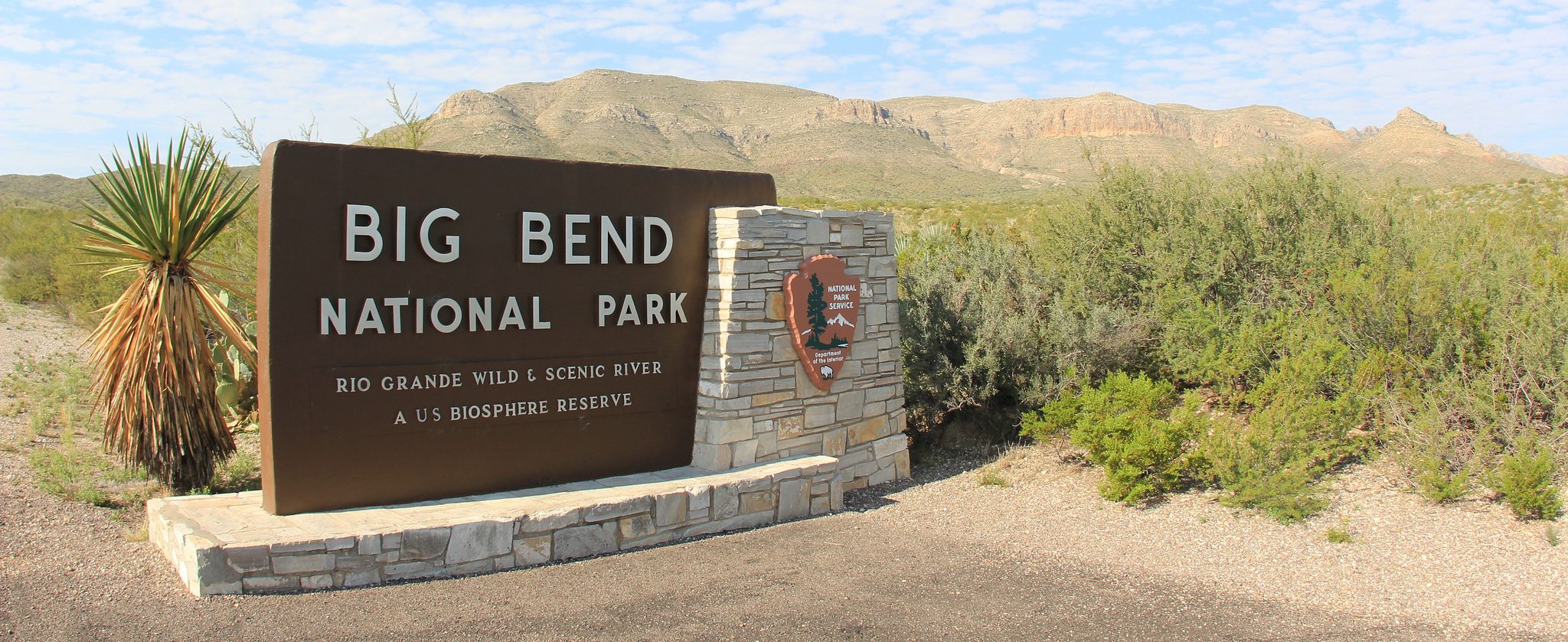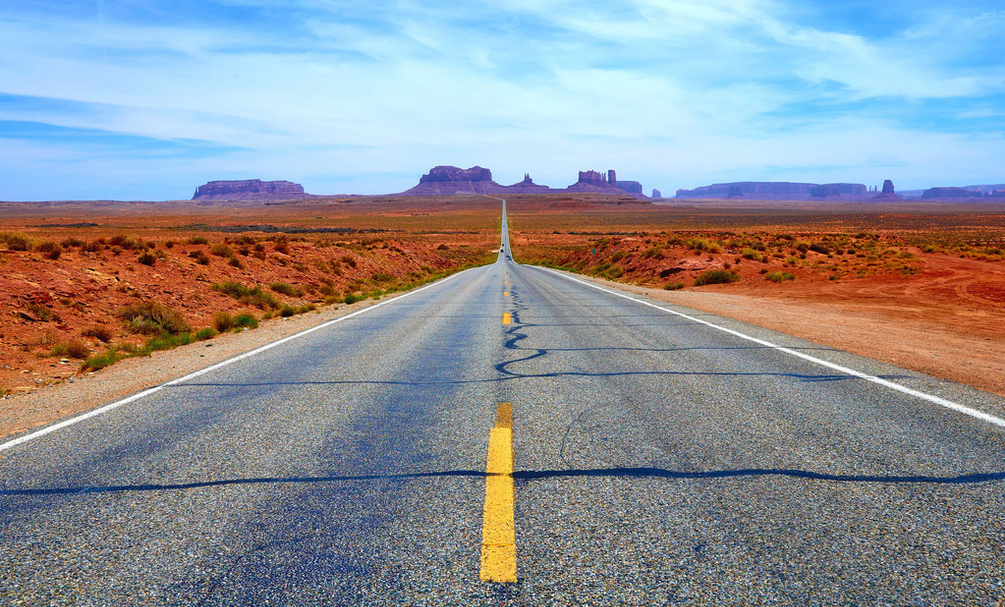
Why should you obtain motorhome insurance if you reside full-time in your RV? Reportedly, a number of insurance firms market motorhome insurance policies to “full-timers” today. Some excellent reasons support maintaining this type of coverage.
Frequently, RV living entails a number of recurring expenses. One of the costs which budget-conscious owners should not shirk involves paying motorhome insurance policy premiums. Popular considerations for including this protection in your budget include legal liability coverage requirements, the availability of reimbursement against some types of thefts and property losses, and peace of mind.
Liability Insurance
Since most states classify motorhomes as a type of vehicle, owners need to obtain at least the minimum required level of liability insurance for these assets. Liability coverage protects other people in the event your RV becomes involved in an accident. The level of minimum required coverage varies from one jurisdiction to another.
Just like liability insurance for an auto, motorhome liability insurance becomes a prerequisite for taking your RV on the road. Driving a motorhome without this vital coverage could subject you to legal penalties, including steep fines. The fact many so-called full-timers reside throughout the year in their vehicle does not diminish the importance of maintaining adequate levels of motorhome liability insurance coverage.
Obtain Reimbursement For Property Losses
Motorhome dwellers today also have an opportunity to obtain insurance coverage to safeguard them against the impact of specific types of thefts or accidental property losses. Policies sometimes vary with respect to the extent of coverage in specified situations. For instance, in some cases, insurers will only pay policyholders for thefts following forced entry into the RV or its locked storage compartments.
If you reside around the year in your RV, you may find it helpful to compare several different policies to select the one with the most comprehensive protection against property losses. If you travel in your motorhome along with important possessions, this type of insurance policy supplies a way to make certain a severe thunderstorm, or a theft won’t burden you with significant debts when the time comes to replace your essential belongings.
Obtain Greater Peace of Mind
A third reason to seek adequate motorhome insurance relates to a psychological issue: peace of mind. Residing in an RV all year won’t bring much satisfaction if one also lives in constant fear of an accidental loss or a theft wiping out the household financially. To truly enjoy life as a full-time, many RV owners require the knowledge they’ve obtained adequate levels of insurance.
Peace of mind supplies a number of benefits. Numerous scientific studies have demonstrated it offers tangible health advantages. If you’d like lower blood pressure and a reduction of stress in your life, then maintaining this psychological state holds great value.
Investing in Motorhome Insurance
Varied motivations underlie the decision to seek motorhome insurance. Fulltimers definitely need this coverage. It offers enhanced financial security!






